Computing Subject Leader: Miss J Finch
For any more information on Stone St. Mary’s Computing Curriculum, please contact the office.
In our ever-developing technological society, the demand for computing skills and knowledge is constantly increasing and essential to the education of children, opening their eyes to the digital world of computers, technology and software programs. This creates the necessity for high-quality teaching of computing to develop digitally literate, technologically aware citizens of the future.
Intent
In correlation with the Computing National Curriculum, our aim at Stone St Mary’s CofE Primary School is to provide a high-quality, knowledge-rich computing education which equips children with the skills necessary to use computational thinking and creativity to understand the digital world of today and influence the technological world of tomorrow. Our curriculum will furnish children with the knowledge of computer systems and hardware, allowing them an in-depth understanding of the inner workings of technology, including design and programming. Children will gain the opportunity to investigate technological systems of all kinds, gaining an insight into the ever-fluid world of computers and digital systems. Upon leaving Stone St Mary’s CofE Primary School our children will have concrete knowledge in all areas of the Computing curriculum including, but not limited, to: information technology, computer programming and e-safety.
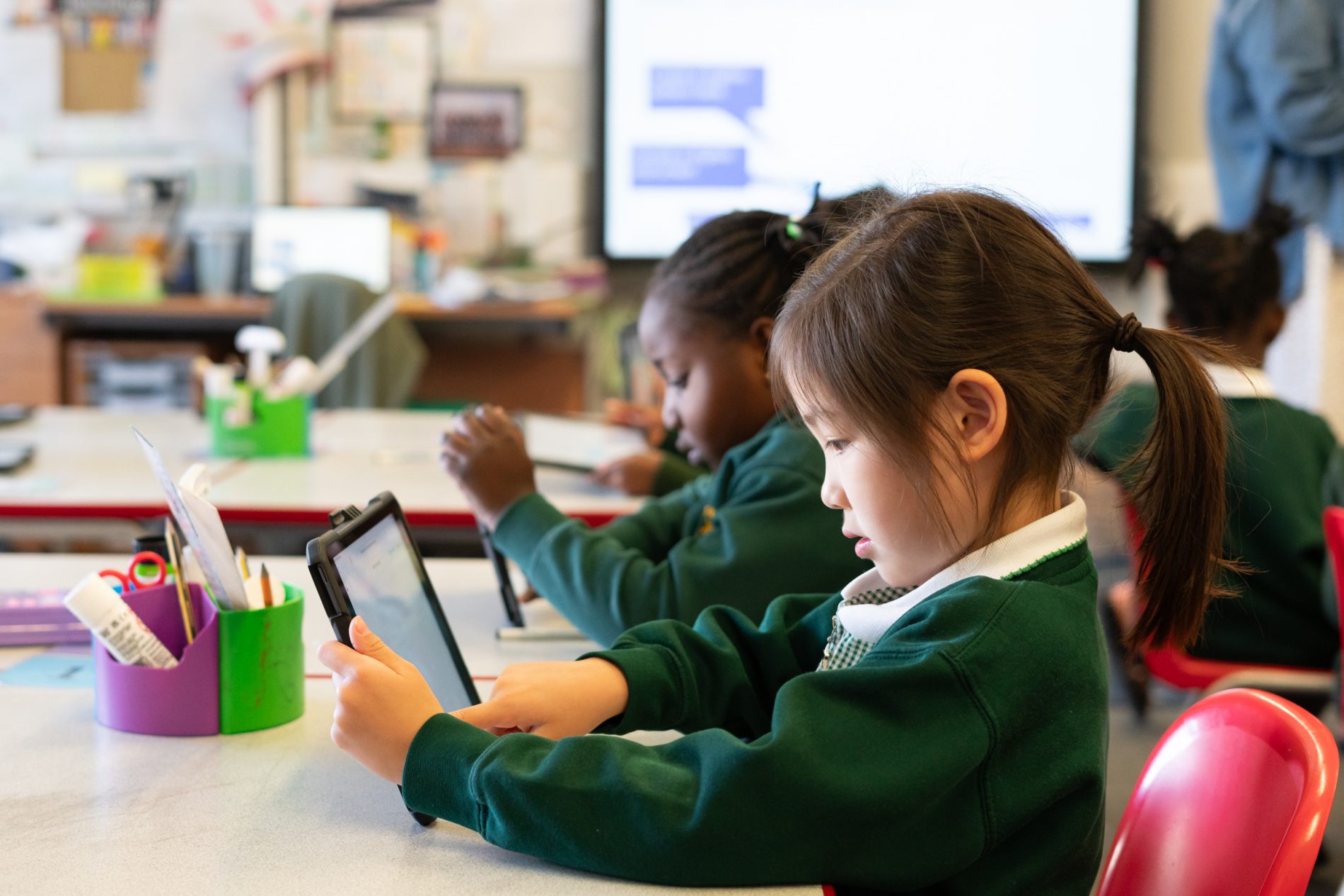
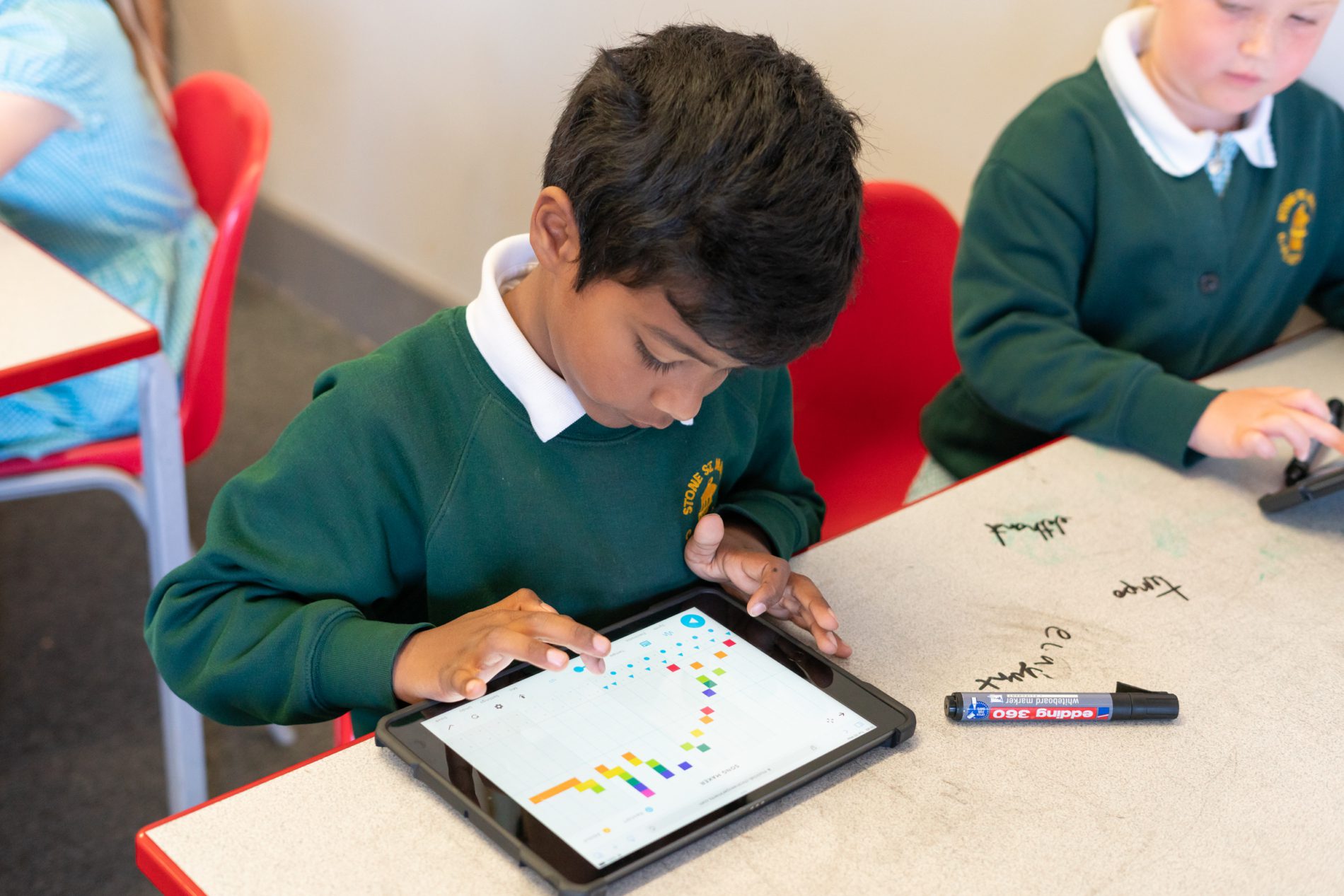
Implementation
Computing at Stone St Mary’s CofE Primary School is taught weekly through a scheme called Raspberry Pie, supplied by Teach Computing. This scheme is reinforced through our Computing connecting stones, which are: data handling, coding, technology, multimedia and e-safety, and focusses on 12 main principles of thinking:
- lead with concepts
- collaborative learning
- interactive learning
- unplug, unpack, repack
- model learning to provide quality examples
- establish strong comprehension
- foster creativity and project development
- variation of tasks
- challenge and address misconceptions
- turn the abstract into concrete knowledge
- structured learning that builds on prior knowledge
- explore the code of computing before implementation
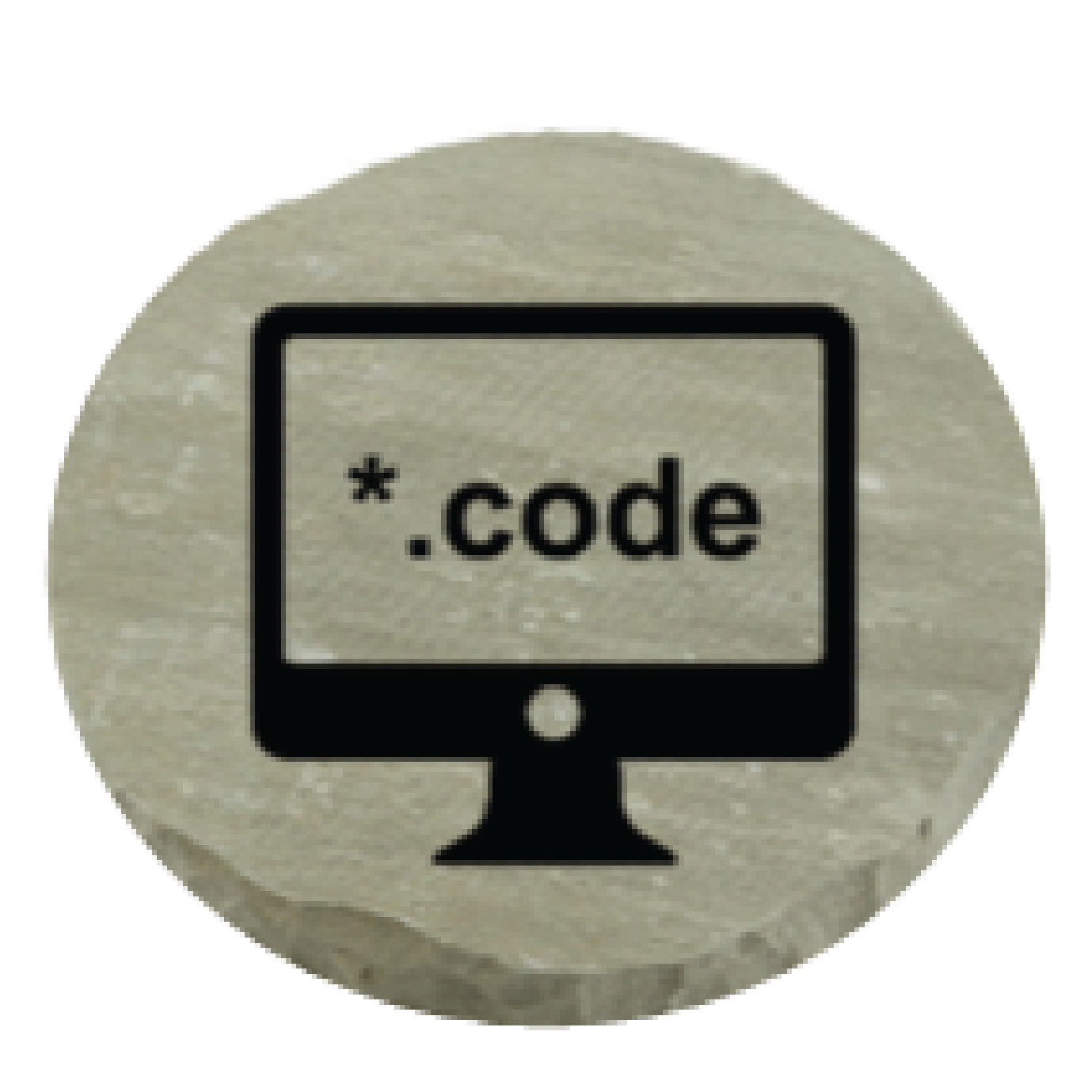
Coding
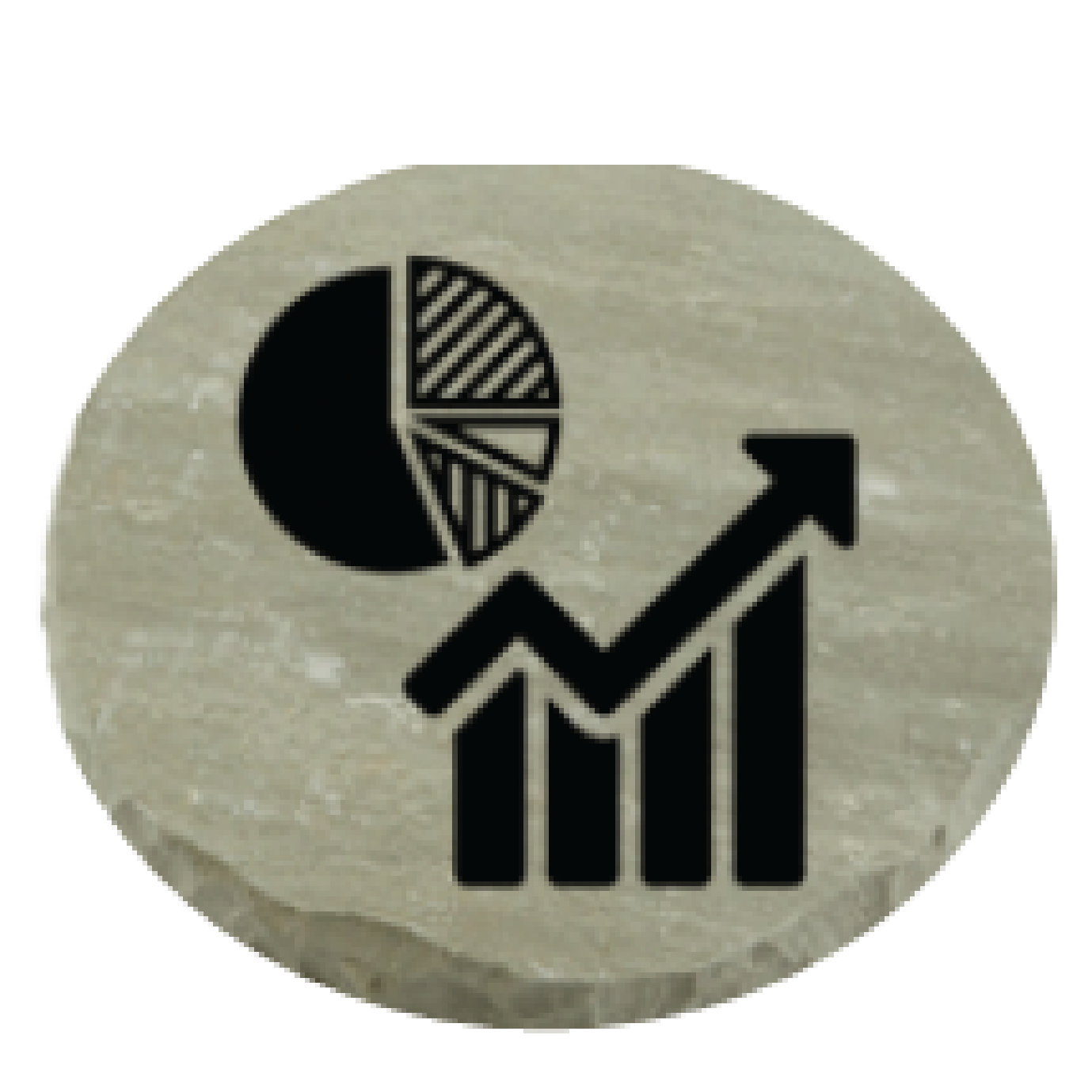
Data Handling
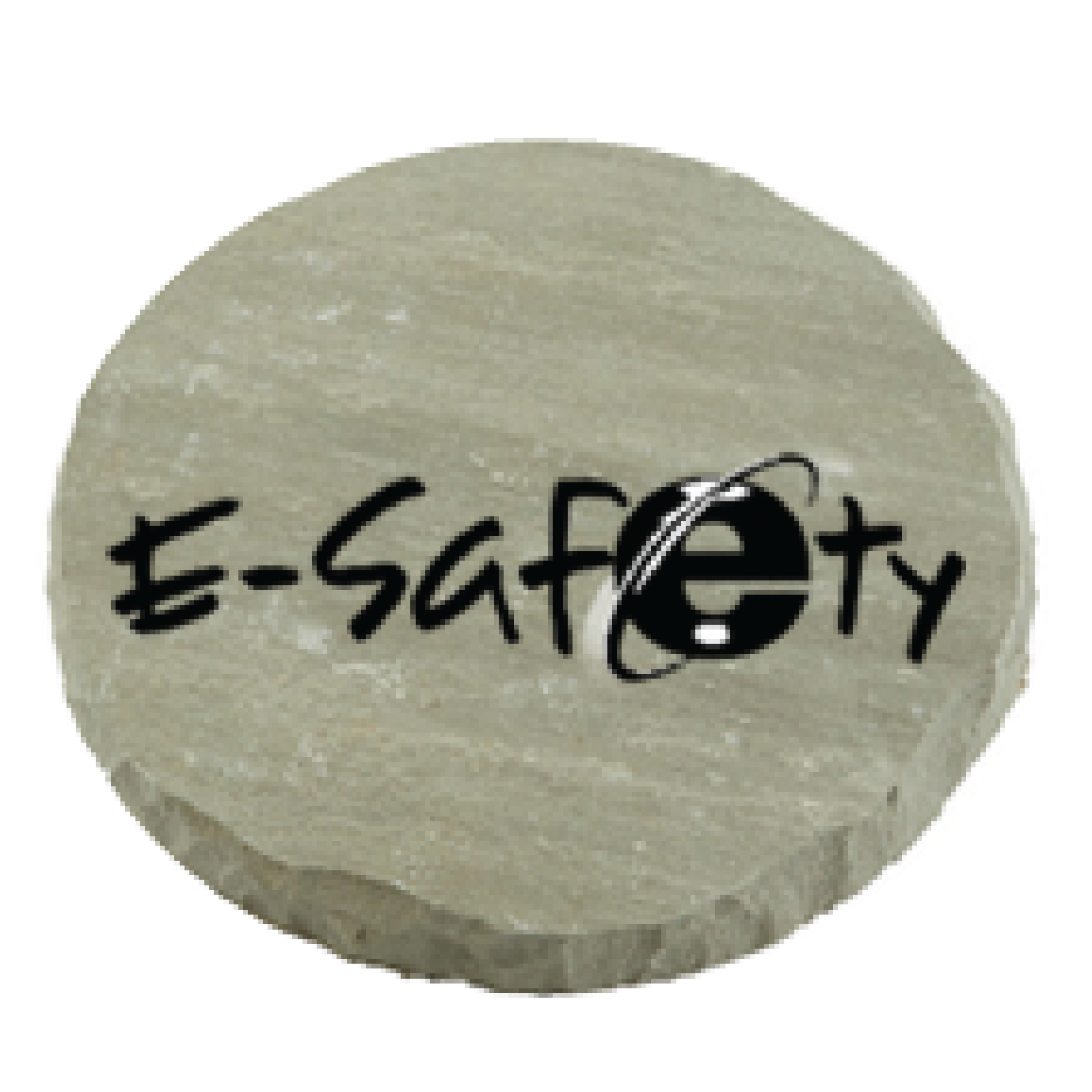
E-Safety
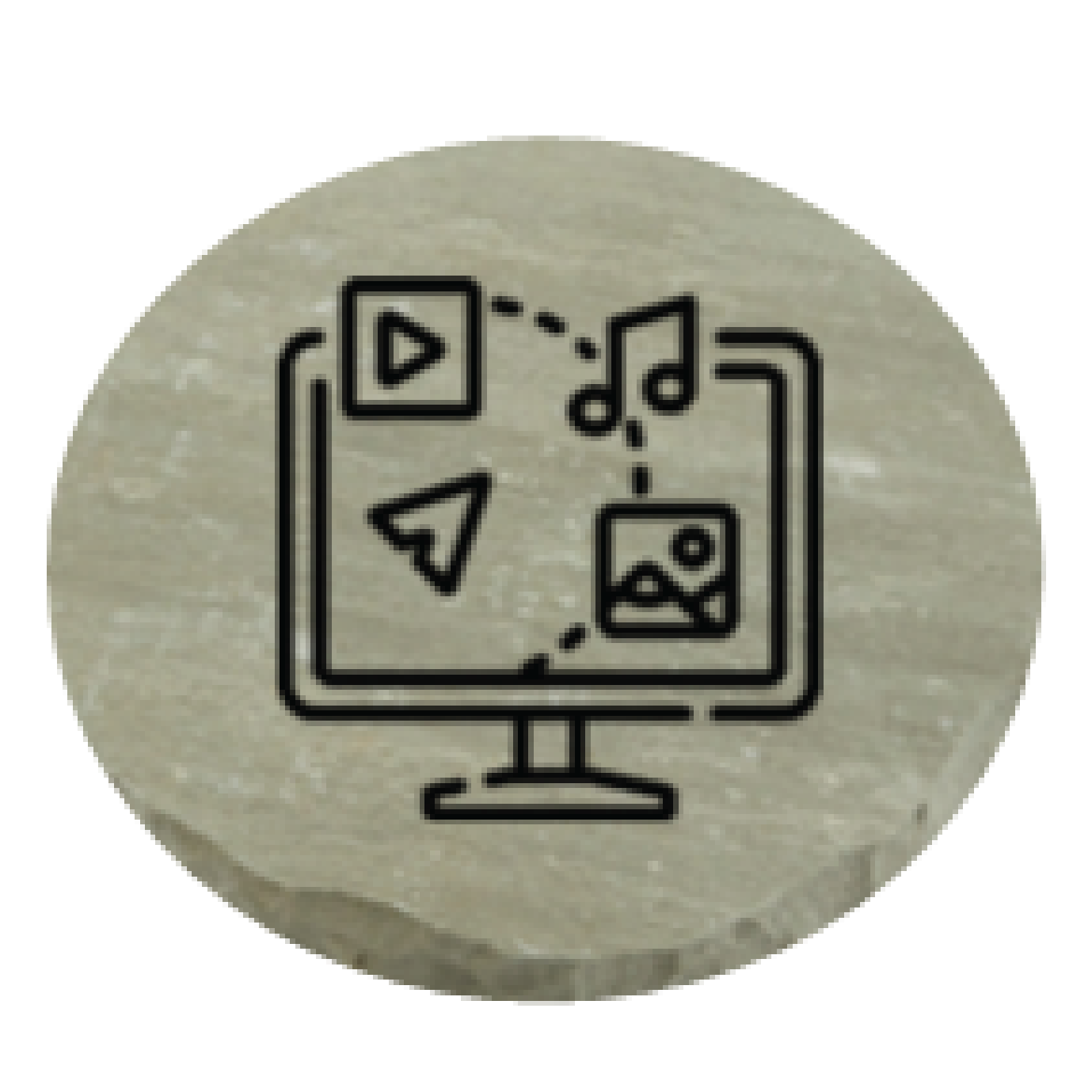
Multimedia
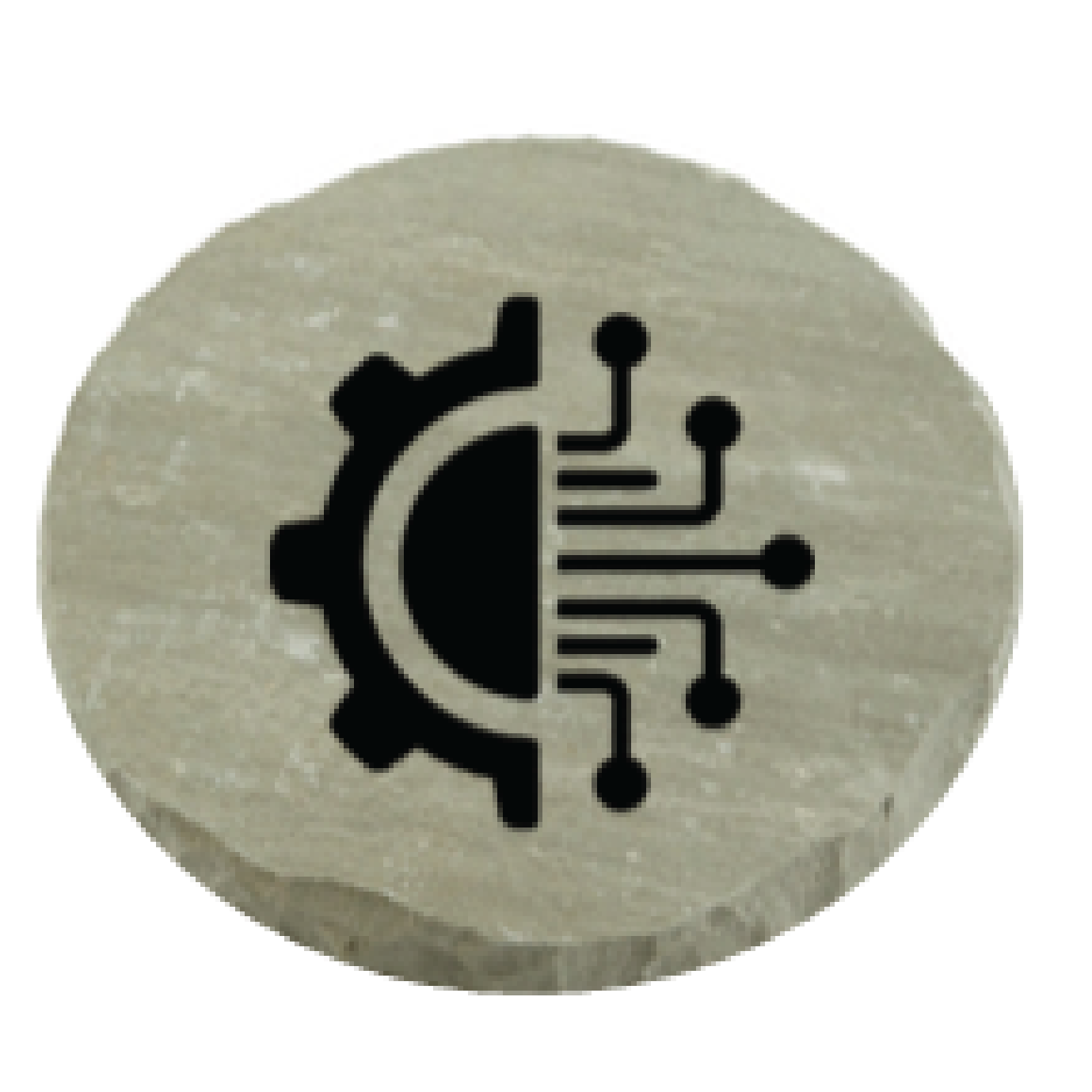
Technology
Impact
Through the implementation of our new curriculum, children will learn in a stimulating, enjoyable and knowledge-rich way, which will prepare them well for their transition into an increasingly technologically dependent world in secondary school and beyond. The skills taught will enable children to have up-to-date knowledge of an ever-changing technological landscape, allowing them to relate their learning to current technologies and enabling them to keep up with new advances in the digital world. Moreover, it will allow them to foster an interest in technology that enables them to pursue a wide range of interests in the digital world.
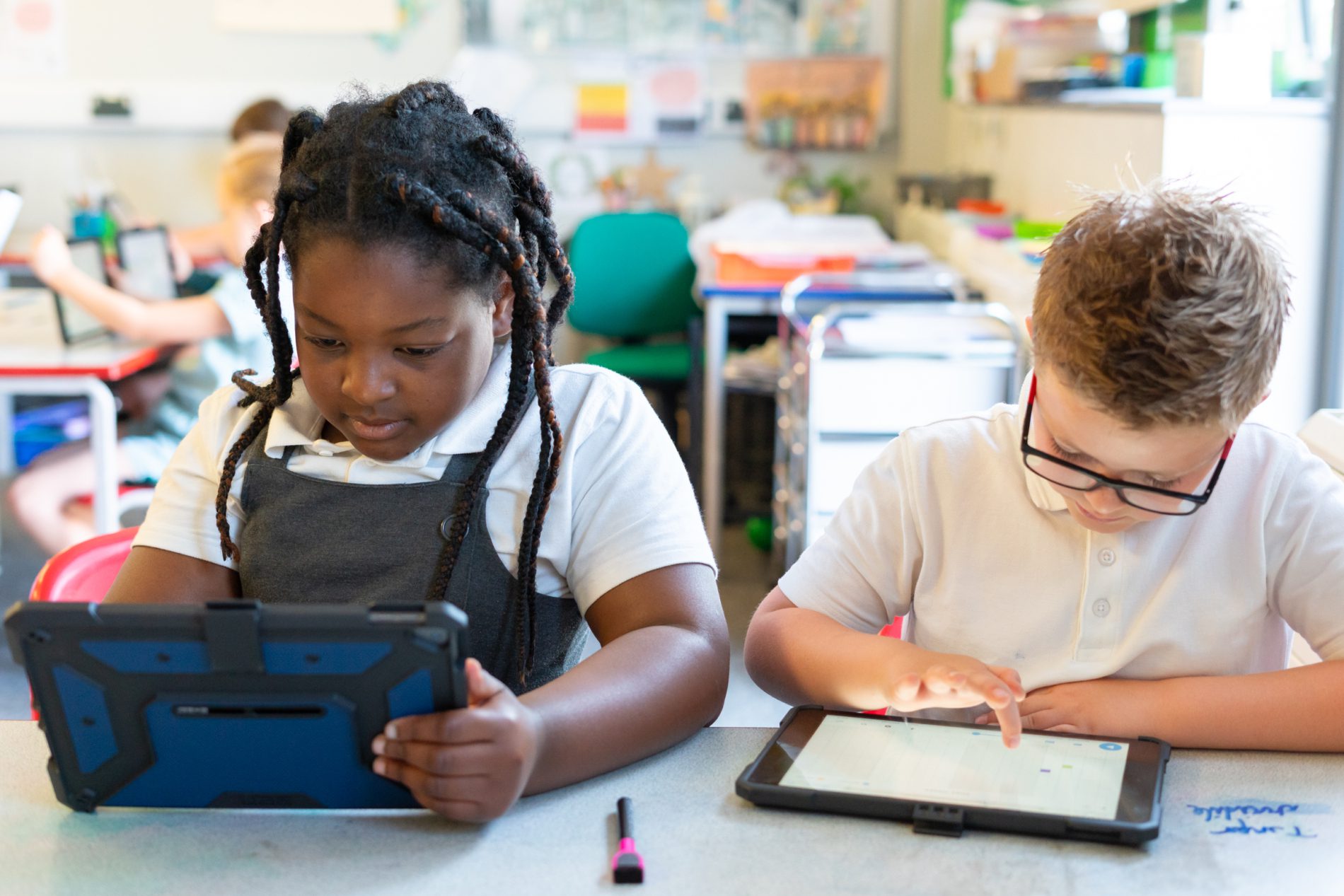
Computing in Each Stage
In Early Years, children start their digital journeys, using a range of resources including interactive whiteboards, touchscreens, iPads and computers, which creates a solid base for their burgeoning understanding of technology.
In Key Stage One, children will develop their understanding of digital programming by giving simple instructions to computer systems, such as Beebots. Additionally, they will increase their knowledge of digital products, including those which are online enabled, and be able to discuss where we use technology in our everyday lives; they will also be taught how to stay safe when using these products online and how to safeguard themselves and others against online issues. Children will gain an understanding of algorithms and how to program these into devices to fulfil a specific task by sequencing instructions; this, in turn, will allow them to create their own programs. Finally, they will learn to communicate safely in the online world, showing empathy, respect and consideration for others.
In Key Stage Two, children will be taught the skills of logical reasoning to explain how algorithms work and use the skills of selection, sequencing and repetition in computer programming. Children will consistently develop their understanding of how to stay safe and remain safe online, increasing their profile of programs and systems that they can demonstrate this knowledge on; children will develop their online behaviours to understand how their actions impact others online, as well as understanding the consequences of what they post online. Children will also gain a greater understanding of how to search for – and retrieve – information online, honing their skills to allow them to streamline their searches effectively. Finally, children will develop their knowledge of computer systems as having three main components: input, process and output.
By the end of Lower Key Stage Two, children will be able to confidently debug programs they use, understanding how to troubleshoot issues as they develop and manipulate the systems they use to rectify any issues that may arise. Children will also be able to create their own digital programs, using coding skills to be able to create algorithms and sequences of data. In Upper Key Stage Two, this knowledge extends to using logical and appropriate structures that accomplish a set of given criteria, constantly refining their programming code to ensure problems are removed efficiently.
Computing Progression
The Computing curriculum overview shows what each year group is learning throughout the school year, whilst the milestones show how our children can achieve each connecting stone during their time at Stone St Mary’s CofE Primary School.
SEND Information
Learning is adapted where necessary to support children with SEND or those who have English as an additional language. Learning also tailored for those children who are more able learners.


